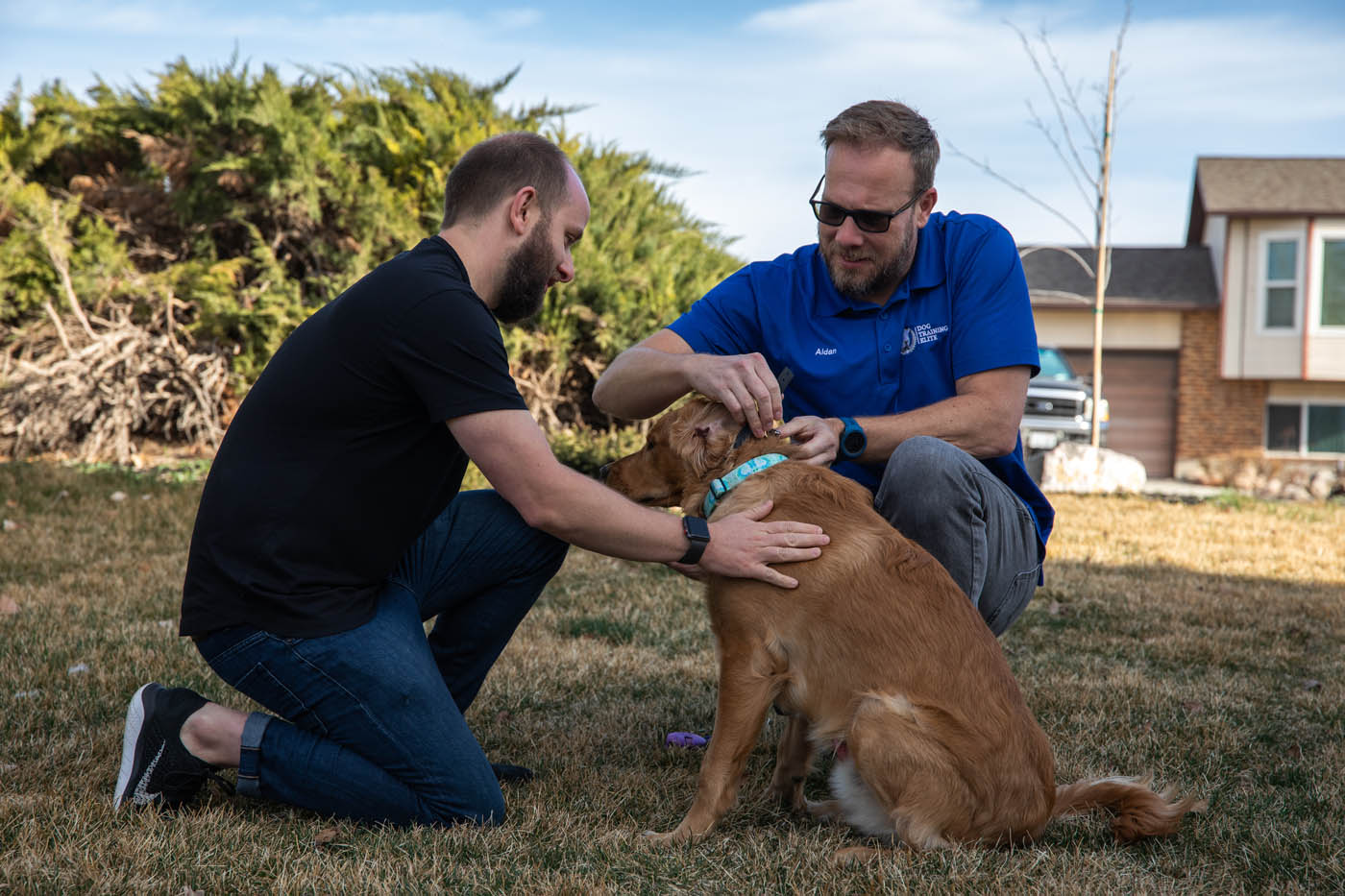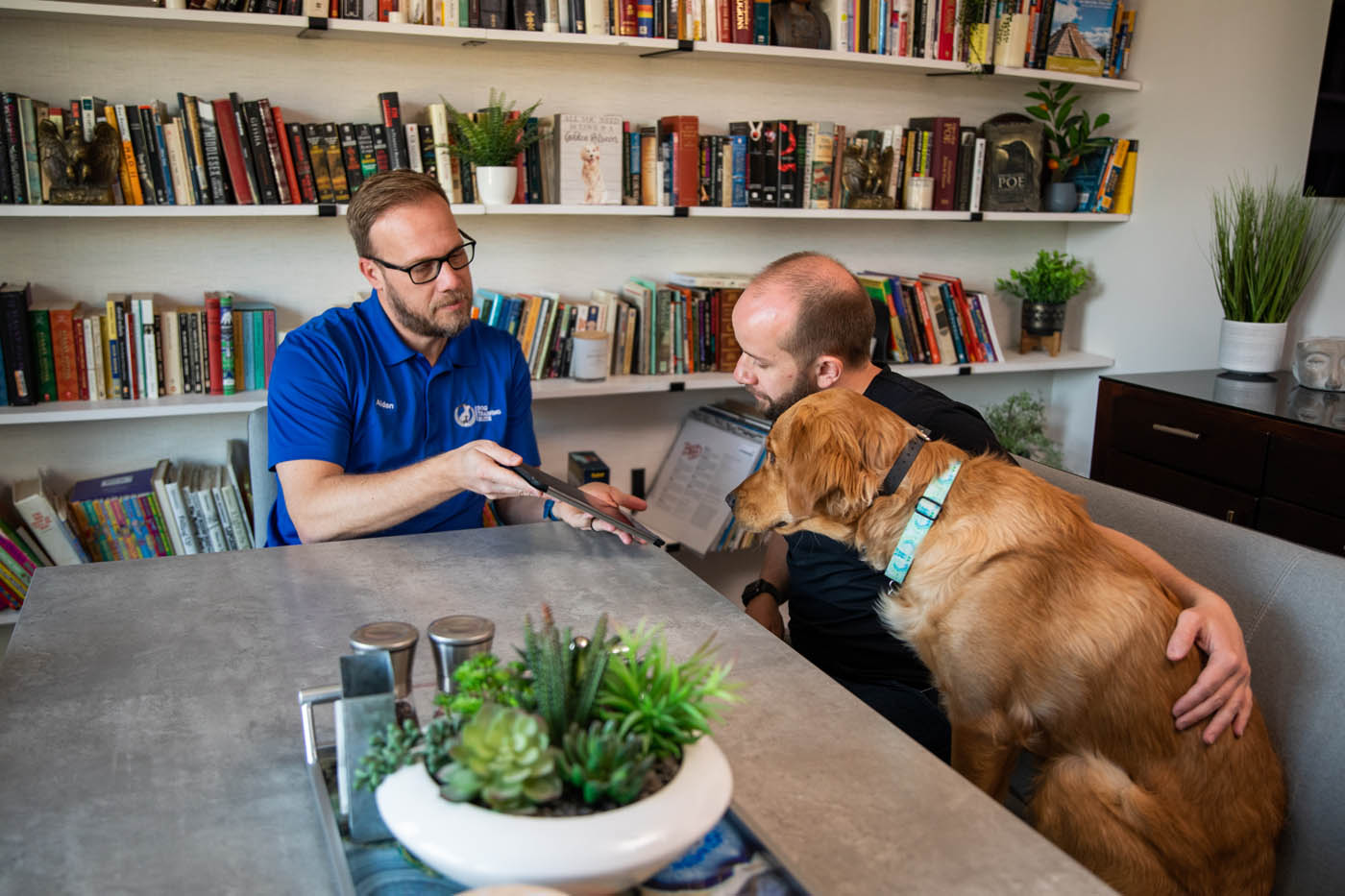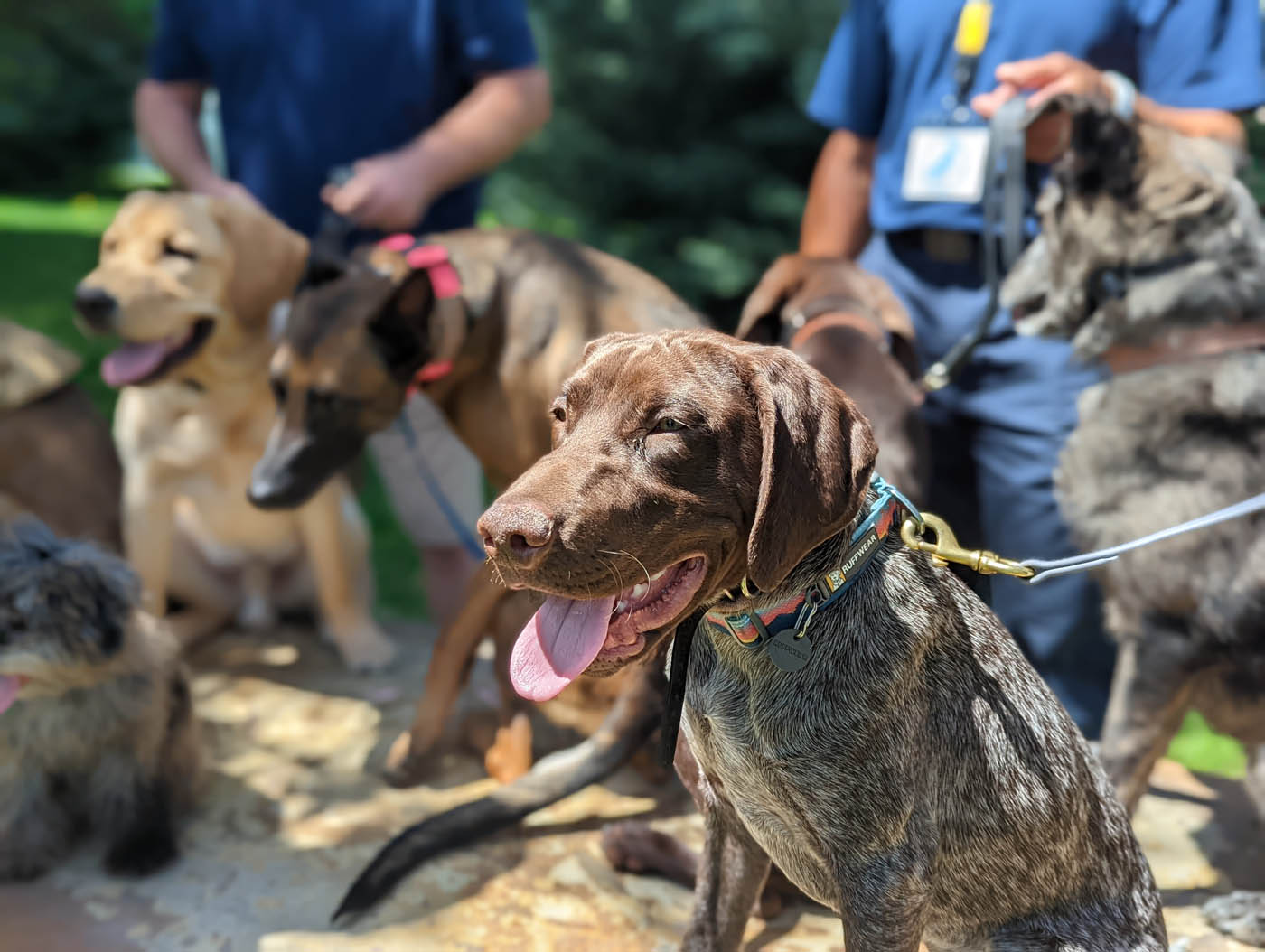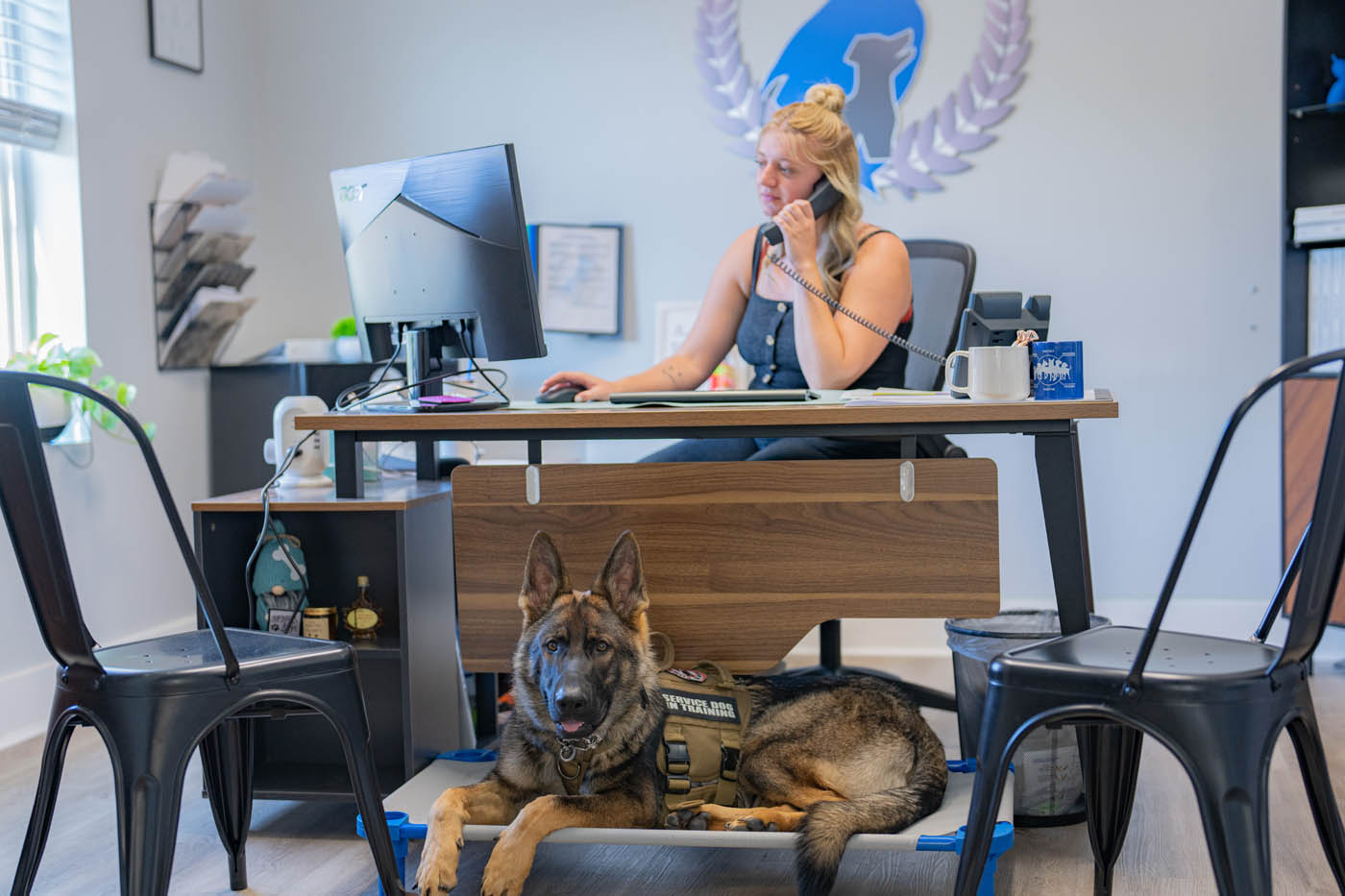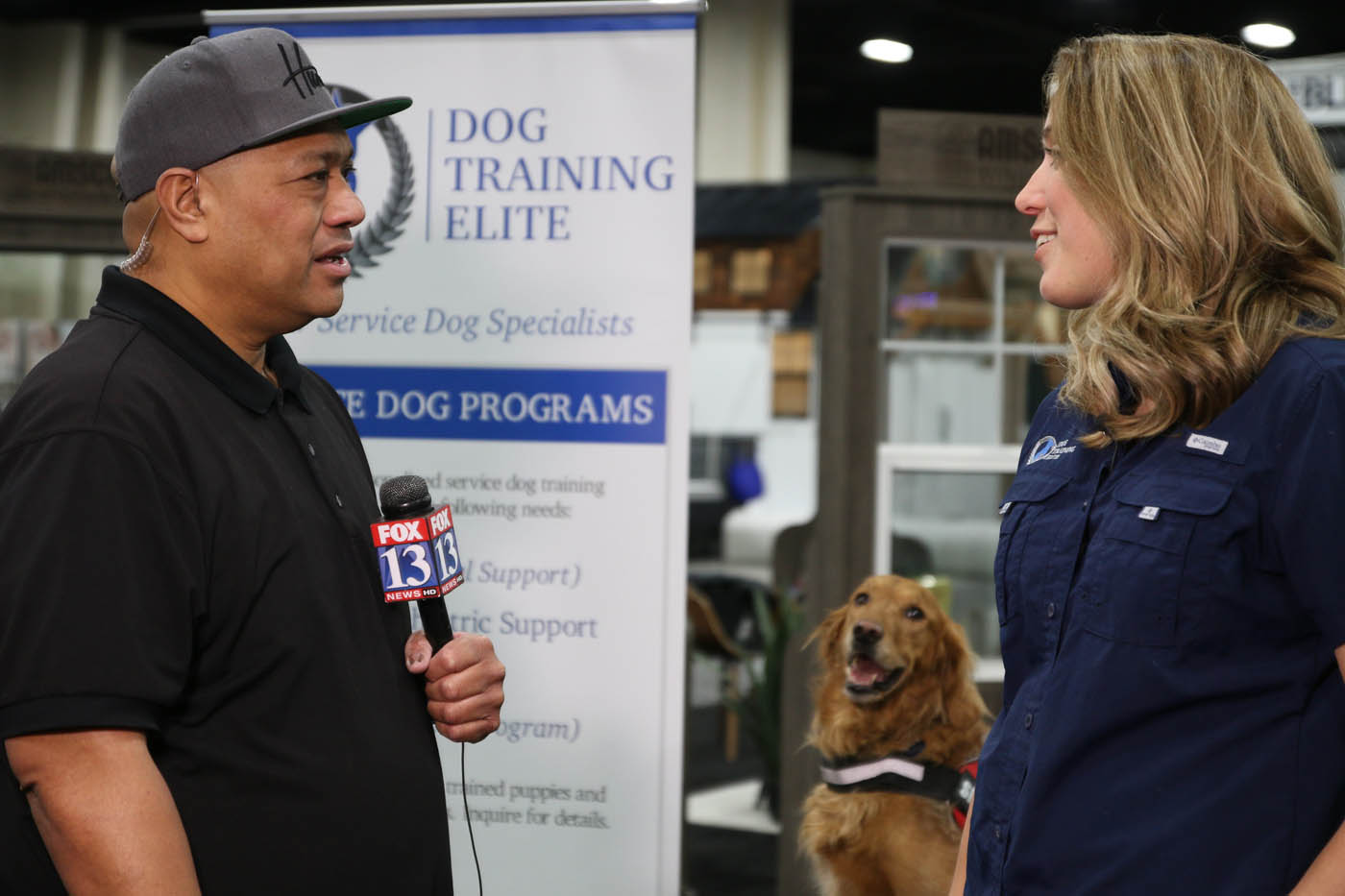Signs That Your Dog Has Seasonal Allergies in Minneapolis / St. Paul, MN
May 18, 2019
You may not be the only one in your home to be suffering from a hypersensitive immune system. Dogs can experience seasonal allergies just like us, with numerous different side effects.

If you’ve ever suffered from seasonal allergies, you know how miserable it is to not be able to enjoy warmer weather with itchy eyes and a runny nose. But you may not be the only one in your home to be suffering from a hypersensitive immune system. Dogs can experience seasonal allergies just like us, with numerous different side effects. Here are some signs that your dog has seasonal allergies, brought to you by our dog obedience training experts in Dog Training Elite Twin Cities.
Biting and Scratching
The most common symptom of seasonal allergies in dogs is extreme itchiness (anywhere on the body, but especially around furrowed areas such as behind their ears or between their toes). Your dog will begin scratching or biting themselves incessantly, possibly resorting to rubbing their bodies against surfaces such as your furniture or carpet to find any sort of relief from the itch. You’ll also likely notice the reaction becomes more extreme after your pup has been outside. Though the most desirable course of action is to take them to a veterinarian as soon as possible, a bath can be a temporary remedy. If the allergy is being caused by something outdoors, the water and a gentle shampoo will wash off lingering allergens such as flower pollen, grass pollen, or tree pollen.
Compulsive Licking
Paw licking is a normal part of a cat’s grooming practice, but if your pup is constantly licking their paws (or their facial and belly region) this could be a cause for concern. This response has to do with histamines. Though it’s a chemical produced naturally by a dog’s–and a human’s–body, the immune system also releases histamine chemicals during an allergic reaction, which is what causes the itching and redness. When dogs experience allergies they push the histamines out toward their extremities. You’ll often find them compulsively licking themselves in addition to scratching, biting, and rubbing.
Inflamed/Infected Skin
As a result of both allergies and continual aggravation to their skin through scratching and the like, dogs frequently develop inflammation and secondary skin infections with their seasonal allergies. Dogs may also have patches of irritated skin where they’ve come into direct contact with an allergen. Whichever way they come about, these spots of inflamed skin–often called “hot spots”–become increasingly raw and infection prone if untreated. They can even develop into open wounds the longer your pup is left to scratch unhindered. It’s a painful progression, but sadly it’s the only way they can ease the pain at all on their own. If you notice your dog frequently scratching or rubbing at the skin and/or any sign of irritation or infection on their skin, contact a vet immediately to avoid further discomfort. In the meantime, you can help to soothe their skin with witch hazel or black tea bags.
Ear Infections
Extreme and chronic ear infections are a tell-tale sign your dog is experiencing seasonal allergies. This is particularly common in breeds with floppy ears. A one-time occurrence may not be an allergic reaction, but if the infections keep returning over and over again you can probably point the finger to allergies as the culprit. Signs to look out for include frequent head shaking, waxy and red ears, foul-smelling discharge, and hair loss around the ears. If you think your dog has an ear infection, don’t wait to schedule them a visit with the vet. Infections are very painful for pets, and though the infection may start as an allergic reaction the ear canal can become even worse with bacteria or yeast if neglected. Treatment is also a lengthy process. It could take weeks for the infection to clear after medical care begins, so addressing the issue early is key.
It’s important to give the signs of your pup’s allergic reaction proper attention and professional medical care sooner rather than later. The longer they are exposed to an allergen and left to endure its effects, the harder their recovery process will be. True, some reactions can be mild enough to handle at home, but more severe cases require the assessment of a vet. Your dog can’t fix the problem themselves. Getting the best treatment for your dog’s allergies will ensure that they can continue to be happy, healthy, and comfortable.
Do you have any questions or concerns? Contact Dog Training Elite today for professional dog obedience training services in Minneapolis / St. Paul, MN to help your pup learn to stay away from allergens, we're happy to help!
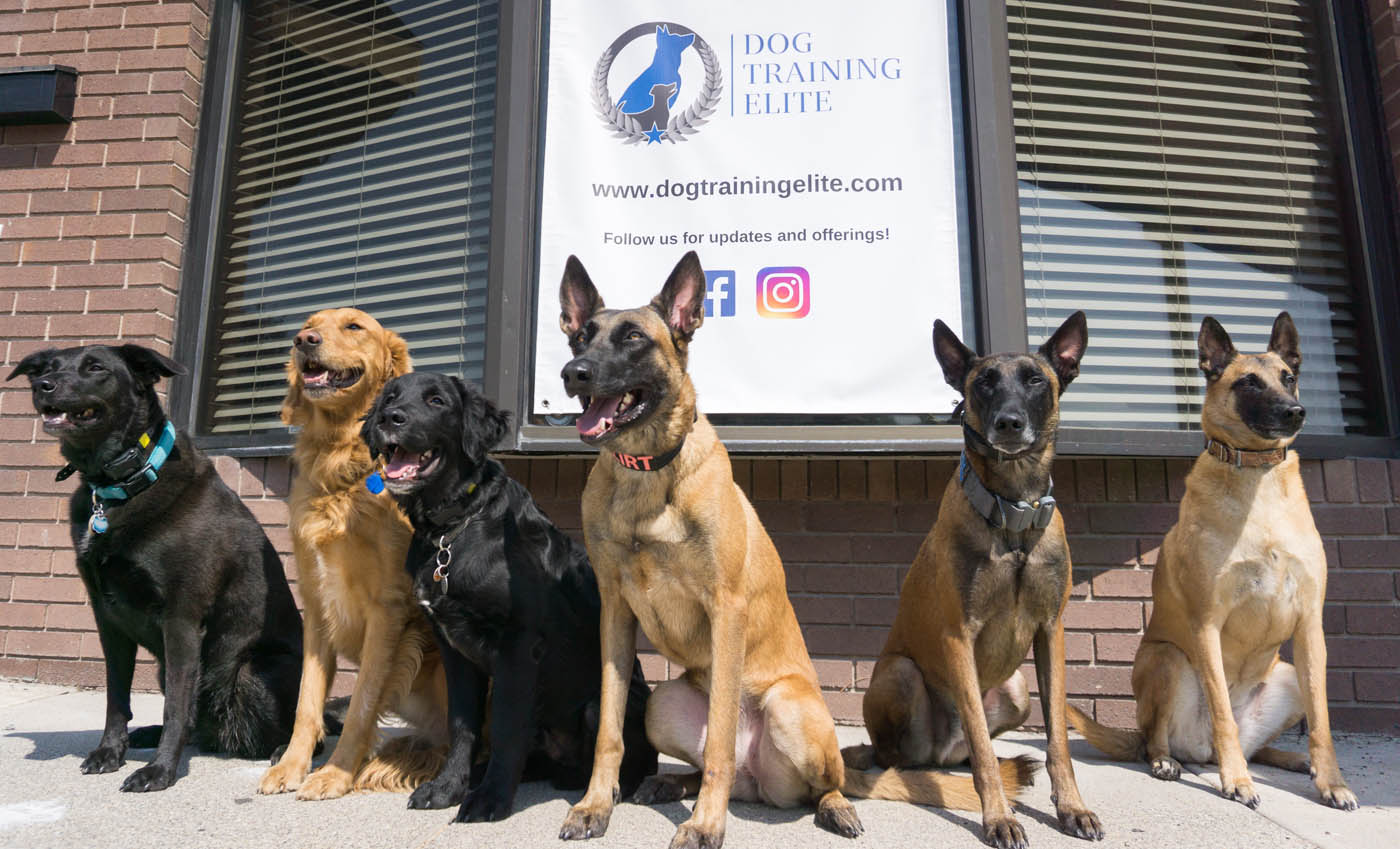
Get Your Free Assessment
You and your canine companion really can have it all. See how easy it can be to become a member of the elite pup society by requesting a free consultation today!
